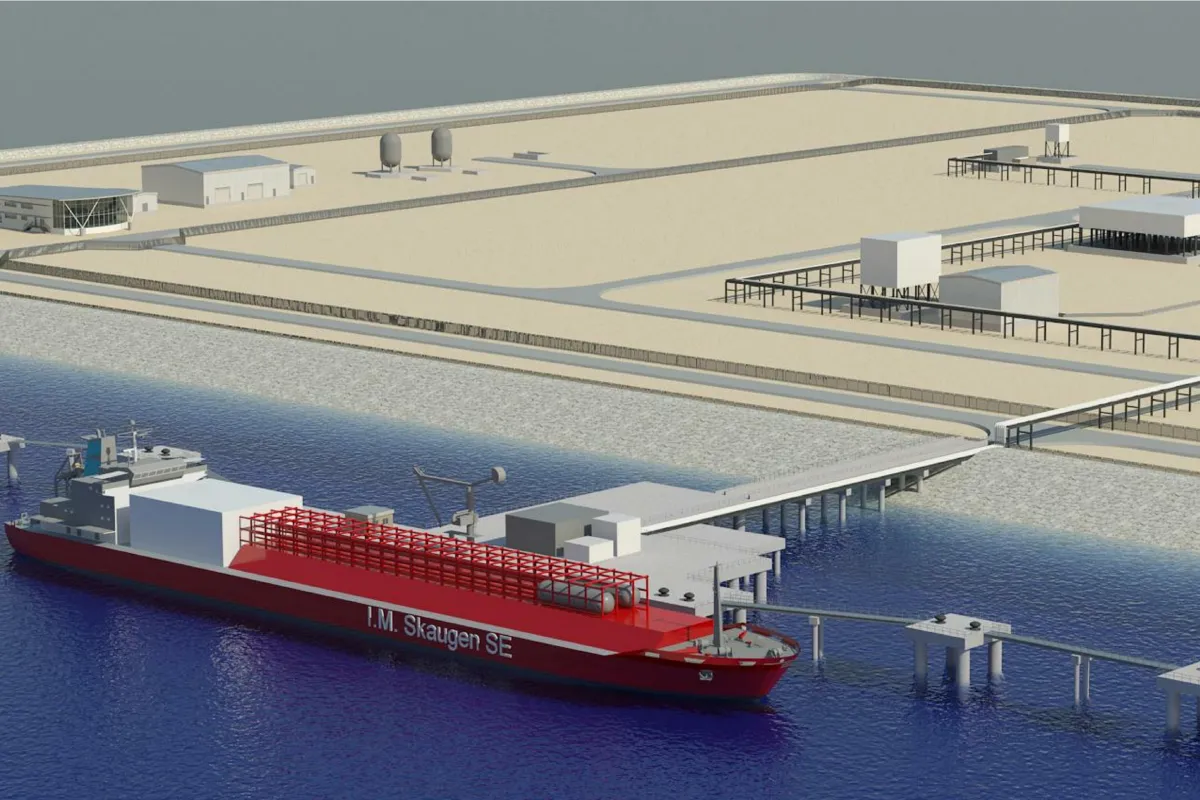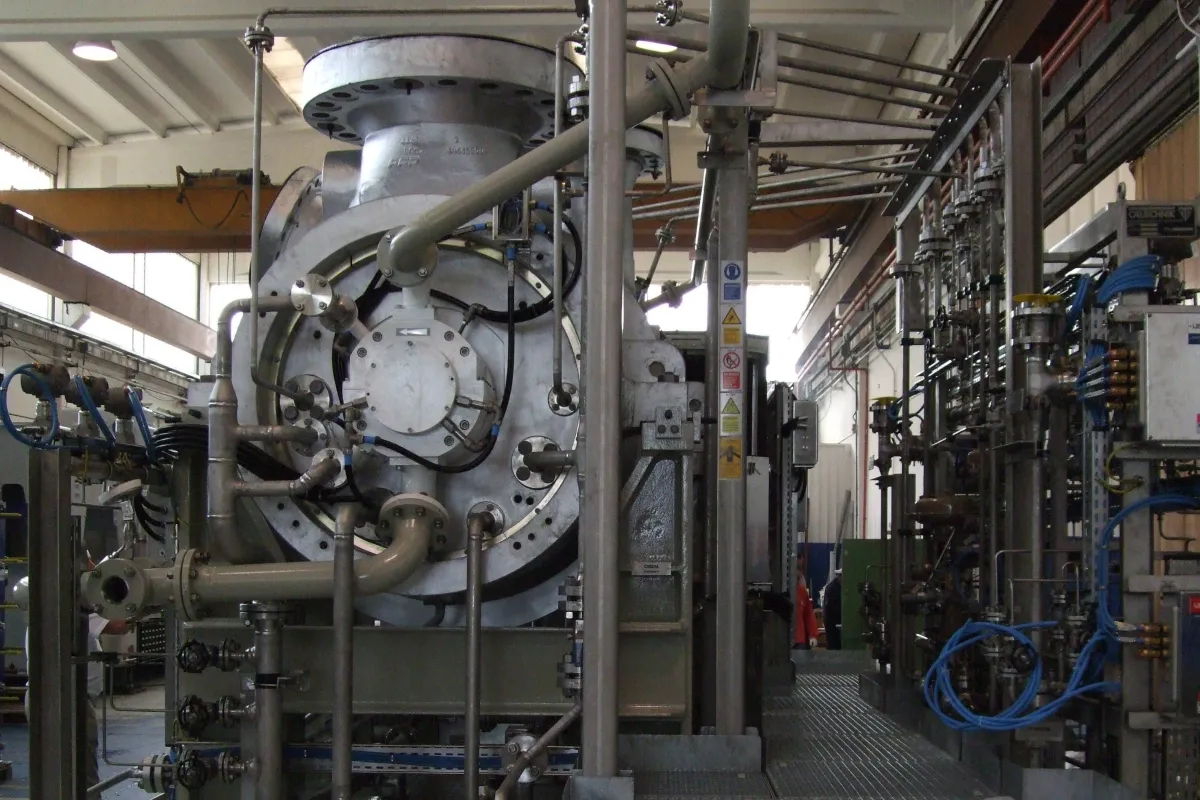Electrification
Share
The use of electrical power from clean renewable sources is a key component of the energy transition and reduction of CO2 emissions. Our design expertise is being used at the generation phase, in power use and distribution, and for storage thereby enabling balancing of supply and demand.
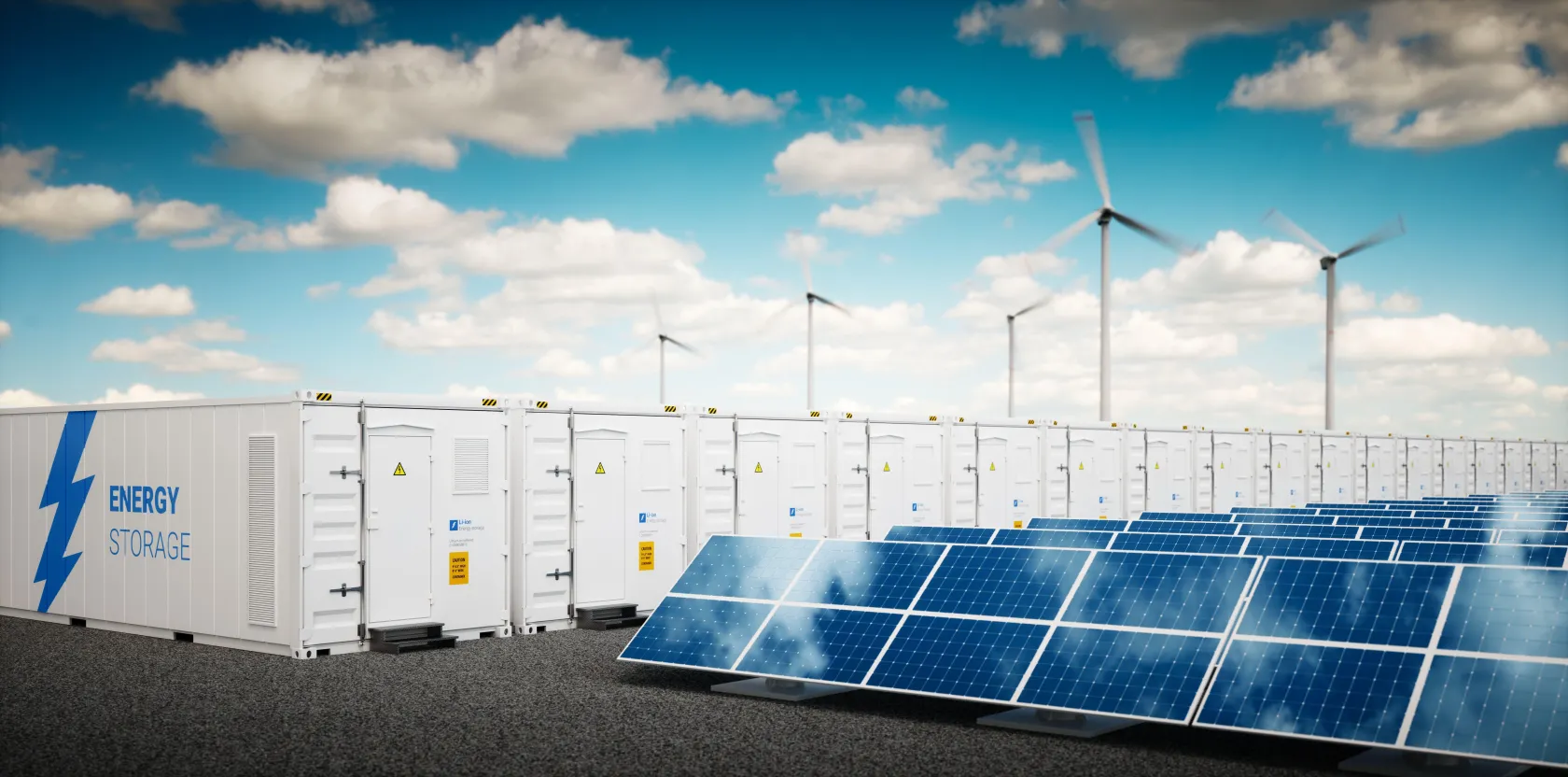
Battery Energy Storage Systems (BESS)
Battery Energy Storage Systems (BESS) play an important role in integrating and accelerating renewable energy deployment. They utilise batteries linked together to give an overall storage capacity which is then controlled to give a safe stable power supply on demand.
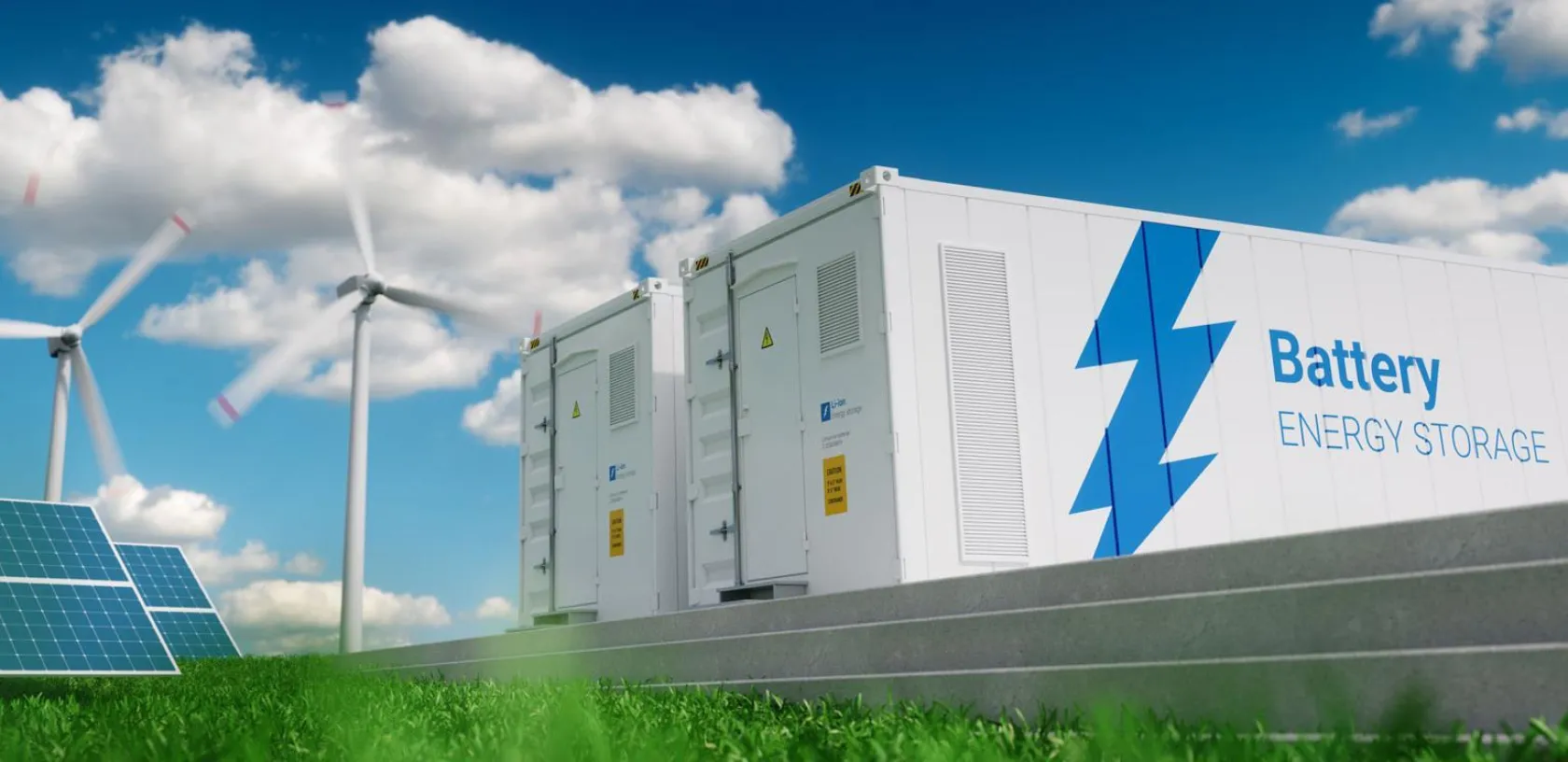
There are typically four applications:
- Island systems and off-grid/rural electrification with renewable energy deployment
- Households with solar photovoltaic (PV)
- Smoothing variable renewable energy supply and energy supply shift
- Fast, short-term electricity balancing in ancillary markets
A BESS captures and stores electrical energy generated from renewable sources such as solar PV and wind, or energy supplied directly from the National Grid, ready to be deployed when needed.
Power can be stored in the battery system during low tariff off-peak periods and then be switched to discharge during high-tariff periods supplementing the Grid source thus reducing energy costs. A BESS can also be used as an uninterruptible power supply to provide emergency power in the event of a grid outage.
Smart controllers monitor, manage and maintain the battery storage system to ensure safe charge and discharge cycling of the batteries, providing alerts if any issues are encountered within the system.
Where feeding back into the National Grid, each BESS includes a smart inverter which reacts to demands in order to supply electrical energy back to the Grid at the most efficient and cost-effective point and G99 import and export protection.
OSL are very experienced in the larger scale designs for Battery Energy Storage Systems and can operate both in the UK and abroad.
OSL have the capability and knowhow to undertake the Concept and Feasibility Studies needed in order to evaluate existing client site/premises, and advise on the infrastructure and National Grid/DNO/IDNO requirements.
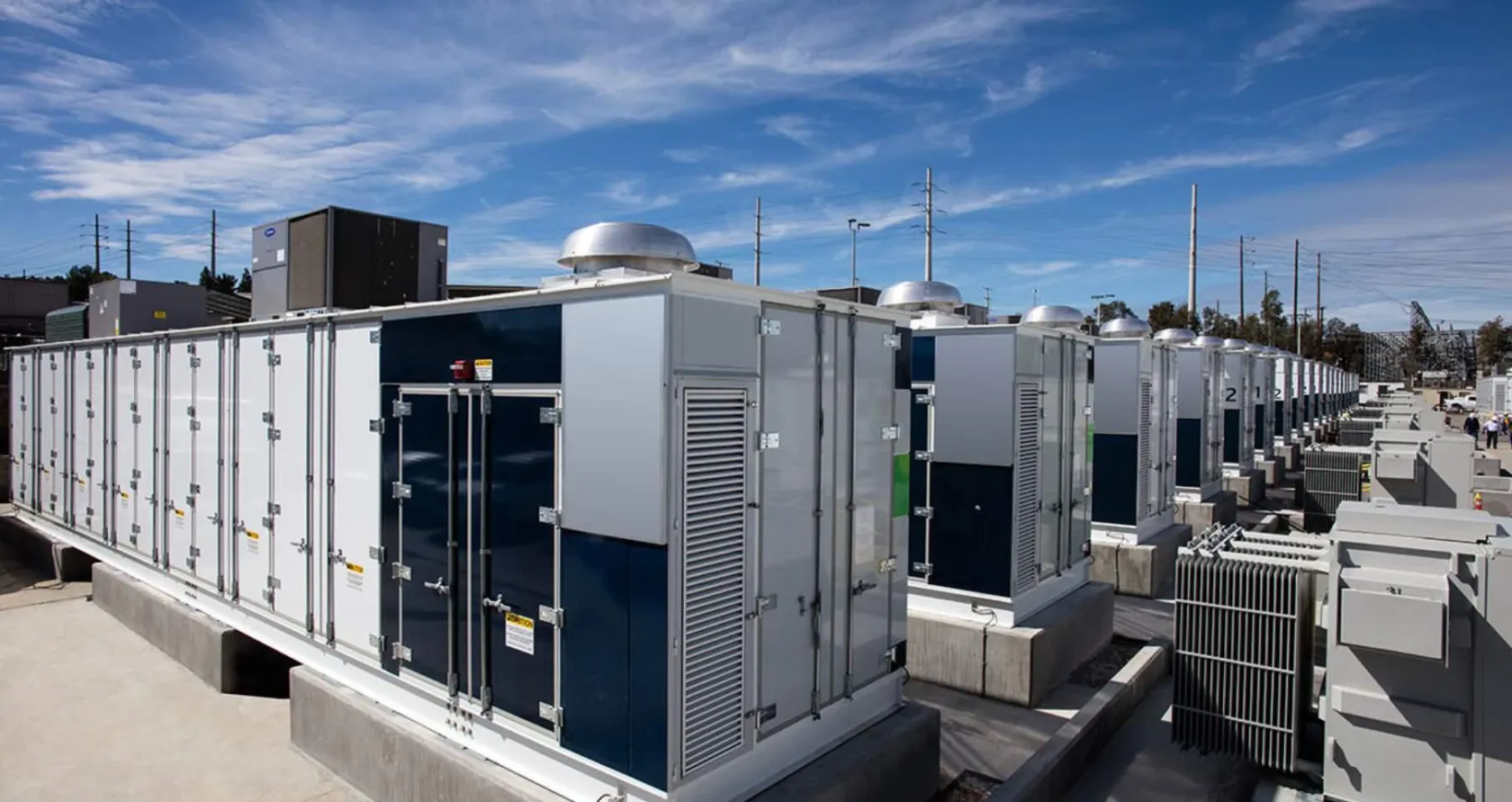
EV Charging
Electric Vehicles are vital in the transition for transport to become carbon neutral with many companies, who utilise transportation, seeking to install facilities for commercial and public use to meet growing demand.
With the rise in plug in hybrid and electric vehicles, OSL Consulting Engineers are very experienced in the larger scale infrastructure designs for Electric Vehicle Charging systems. OSL have successfully completed designs on several charger installations of varying capacities and on a variety of different sites, both in the UK and abroad.
As companies look to expand their network of Electrical Vehicle Charging locations, whether for cars, vans or buses, OSL have the knowhow to undertake the necessary Feasibility Studies to evaluate how best to expand charging capacity at existing installations as well as designing completely new charging solutions. Infrastructure evaluations include discussions with the Distribution Network Operator (DNO) when required.
OSL have provided full detailed design and calculation solutions for Electric Vehicle Charger installations of varying capacity tailored to specific site requirements. Our design work includes a comprehensive package of information; including fault level calculations, cable routing and design risk assessments, ensuring the design is safe, fully compliant with Regulations and Standards and technically robust.
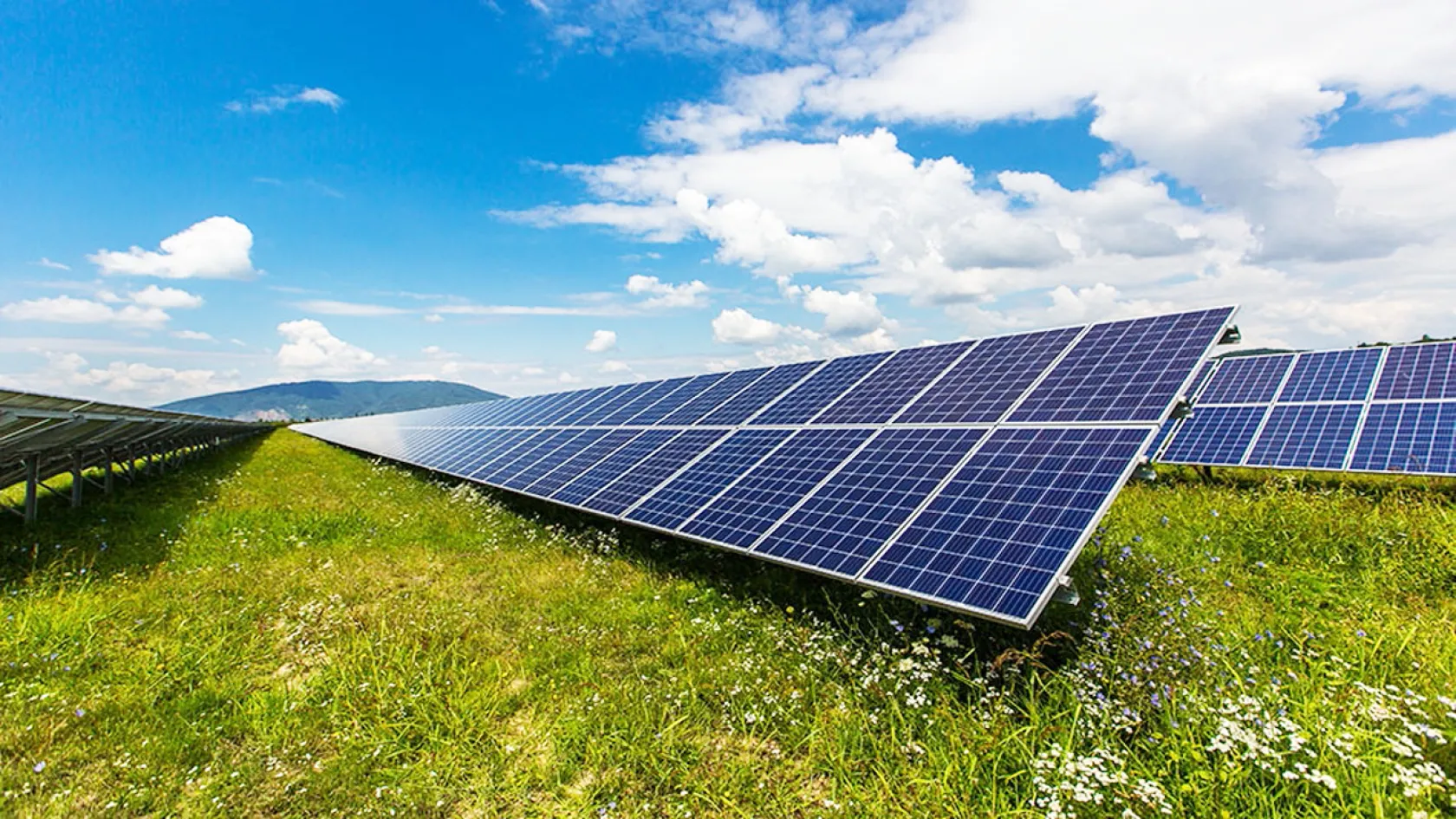
Solar photovoltaic systems (or Solar PV)
Solar photovoltaic systems (or Solar PV) are a form of renewable electrical energy generation which uses PV modules to convert sunlight into electricity. The electricity generated can be either stored in batteries or used directly, fed back into the electricity grid or combined with one or more other electricity generators or other renewable energy source. Solar PV systems are a very reliable and clean source of electricity that can suit a wide range of applications such as medium to large retail premises, business parks, supermarkets, car showrooms, garden centres and other users.
Solar PV arrays can be roof or ground mounted and do not need direct sunlight to work. Able to produce power all year round, a basic solar PV system consists of a solar PV array, a main controller, storage batteries and inverters (to provide AC to supply your electrical demand).
Any surplus power can be directed to battery storage or fed back to the National Grid in accordance with the UK Government’s Smart Export Guarantee initiative. By having battery storage included in your system, you are able to store surplus generated electricity increasing the amount of self-generated power you can use and therefore reducing the electricity required to be purchased from the National Grid.
OSL Consulting Engineers are very experienced in the larger scale designs for Solar PV systems and have successfully completed designs on several installations of varying capacities and on a variety of different sites in (but not limited to) the UK.
OSL have the capability and knowhow to advise on the benefits of a new Solar PV systems and undertake design work from concept to full detailed design.
Next: Energy Efficiency
